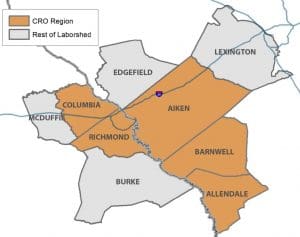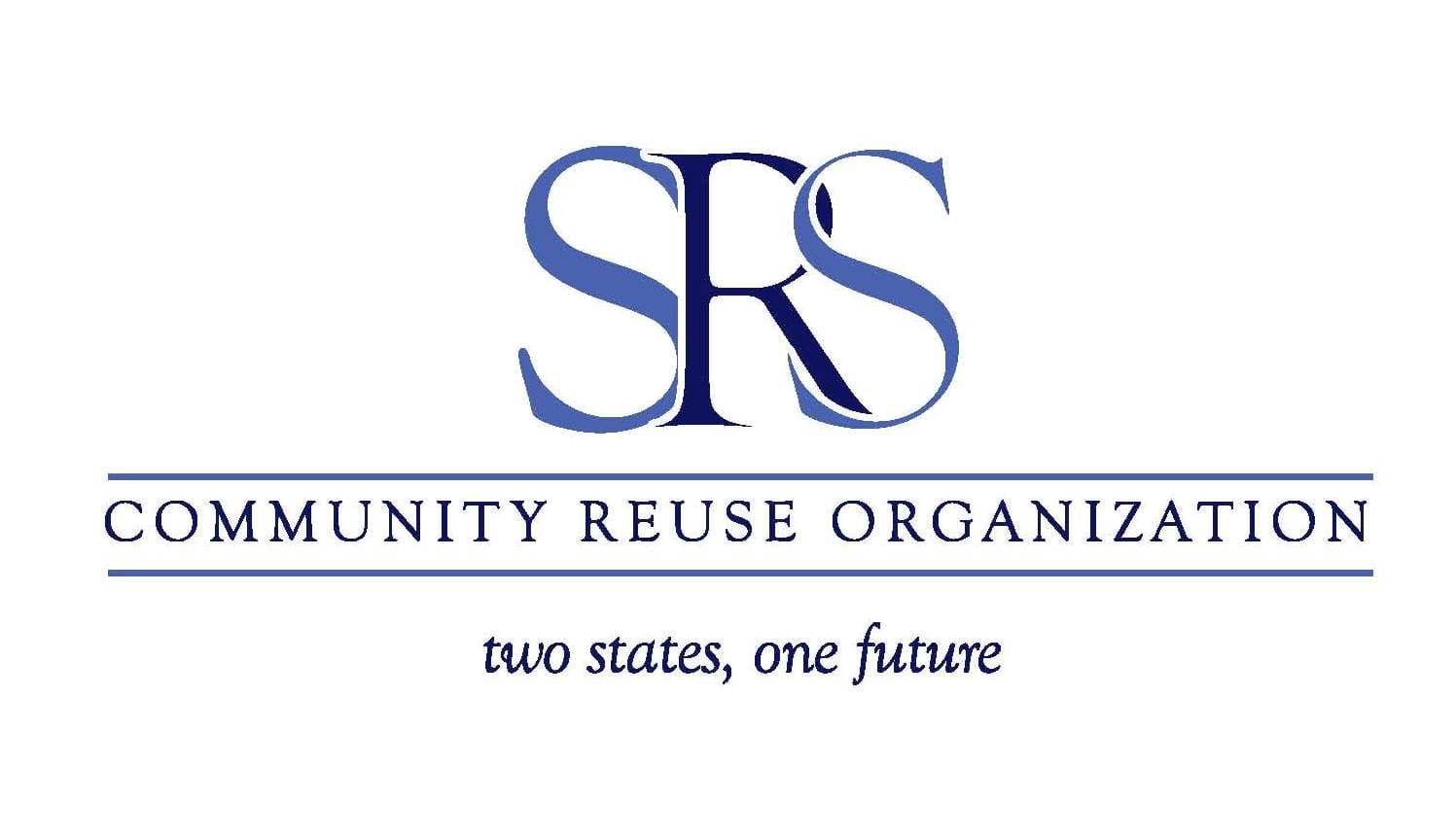Workforce
SRS Community Reuse Organization
Preparing Our Own For Tomorrow’s Jobs
There are over 1,000,000 people located within a 60-mile radius surrounding Evans, Georgia. Du e to the proximity of large employers, promising communities, and a good quality of life, our region possesses a highly mobile, regional workforce.
e to the proximity of large employers, promising communities, and a good quality of life, our region possesses a highly mobile, regional workforce.
TIP Strategies, a Texas-based economic and workforce development strategy consulting firm, performed a regional workforce study for the SRSCRO by examining workforce conditions in the five counties the SRSCRO represents – Aiken, Allendale, and Barnwell in South Carolina and Richmond and Columbia in Georgia.
The labor study developed a regional workforce strategy with a focus on the region’s key economic drivers- nuclear, manufacturing, cybersecurity/IT, and healthcare. After analyzing the labor force, the factors driving demand, and the alignment between educational output and industry requirements, TIP Strategies developed profiles for each of the four key industries. The profiles include data on staffing patterns, regional labor supply, job posting analytics, relevant educational output from neighboring higher education opportunities, and existing regional resources.
High Demand Career Initiative
Preparing Georgia’s Future Workforce Now
 After hearing the challenges facing businesses in Georgia, Governor Deal created the High Demand Career Initiative (HDCI) to allow the state partners tasked with training Georgia’s future workforce to hear directly from the private sector about the specific needs and skills needed to support them. By bringing these stakeholders together, we were able to gain a better understanding of what is needed by our industries and partner them with existing community assets. A range of in-demand and difficult-to-fill positions were identified, as well as the workforce skills that were difficult to find. To address these gaps, the HDCI team is working with regions across Georgia to assist in the regional implementation of the HDCI model through grant opportunities.
After hearing the challenges facing businesses in Georgia, Governor Deal created the High Demand Career Initiative (HDCI) to allow the state partners tasked with training Georgia’s future workforce to hear directly from the private sector about the specific needs and skills needed to support them. By bringing these stakeholders together, we were able to gain a better understanding of what is needed by our industries and partner them with existing community assets. A range of in-demand and difficult-to-fill positions were identified, as well as the workforce skills that were difficult to find. To address these gaps, the HDCI team is working with regions across Georgia to assist in the regional implementation of the HDCI model through grant opportunities.
In collaboration with the surrounding counties, Columbia County is currently applying for an HDCI grant to support advanced manufacturing sector partnerships. These sector partnerships intent to be focused on advanced manufacturing and workforce development organizations, educators, training providers, labor representatives, community organizations, economic developers and other stakeholders. In the coming months, sector strategies will be established and goals, policies, and plans of actions will be developed for the betterment of our regional workforce. Effective partnerships will accomplish the following: align education curriculum and training practices with industry needs, close the skills gap, and ensure there is an increase in on-the-job training, apprenticeships, and work-based learning within the high demand sectors. The Development Authority of Columbia County will continue to support the HDCI so that our industry employers may be able to fill their talent needs locally.
High Demand Career Initiative Sector Partnership Guide
Governor’s High Demand Career Initiative Report
Work Source East Central Workforce Development
Connecting Talent with Opportunity
Work Source East Central Georgia is tasked with providing workforce activities that increase employment, retention, and earnings as well as occupational skills attainment. A number of programs are administered through Work Source East Central Georgia including customized training programs, educational programs, incumbent worker training programs, occupational skill straining program, on-the-job training program, and youth services program.
A key finding of the workforce study is that regional employers will need to fill more than 37,000 job openings over the next five years in the five-county region of South Carolina and Georgia represented by the SRS Community Reuse Organization (SRSCRO). In addition to the new jobs that will be created as a result of the growth of the region’s leading industry sectors, a large number of workers are retiring, particularly in the region’s skilled trades and technical positions.
To address these challenges, the entire five-county region will need to collaborate and ensure that the region’s talent pipeline is well-aligned with industry needs in order to support the region’s existing industry. Information on industry-specific strategy can be accessed by reviewing the workforce study found below.

